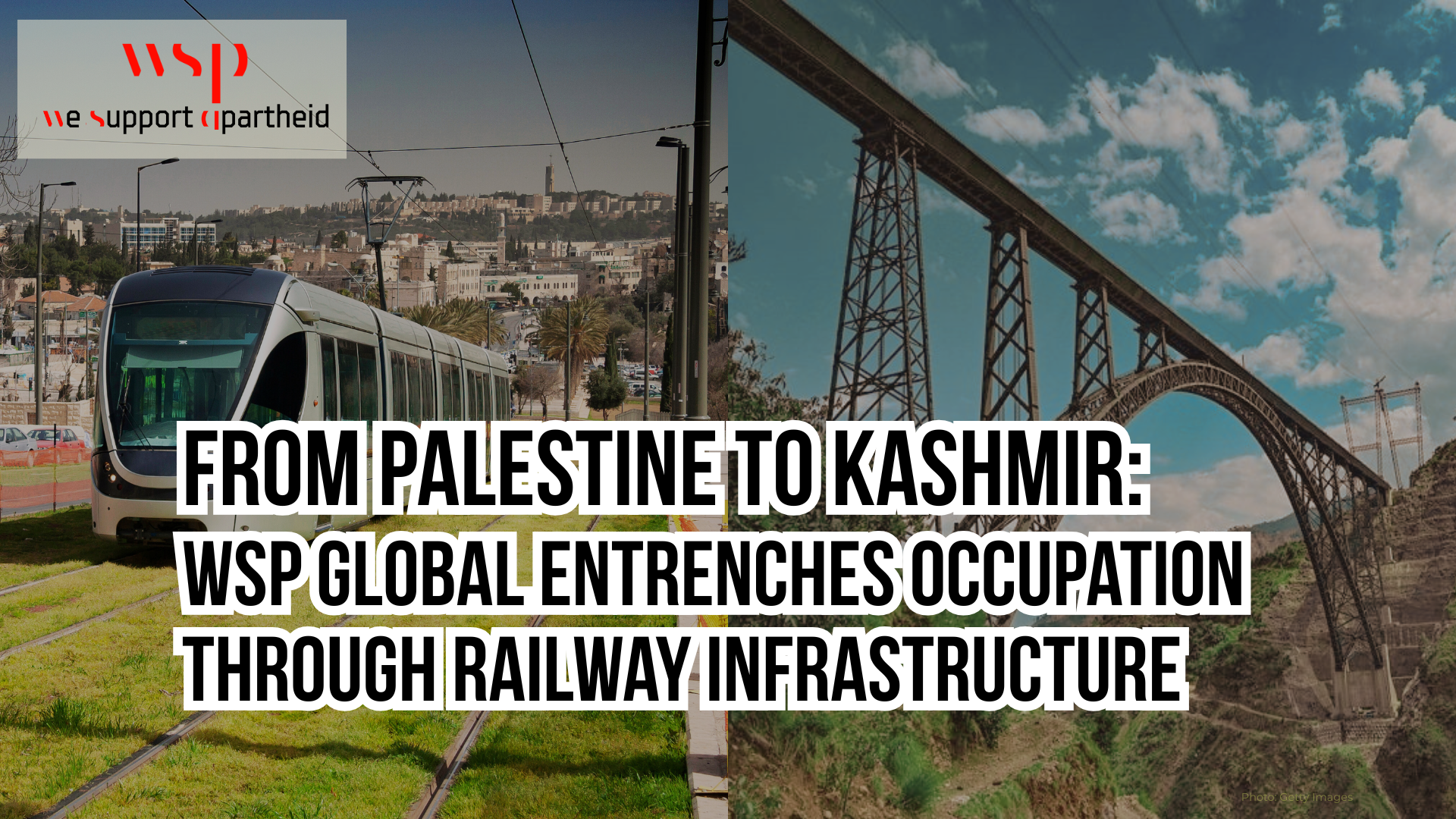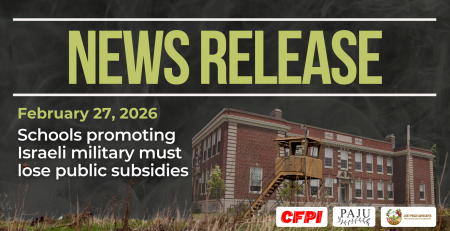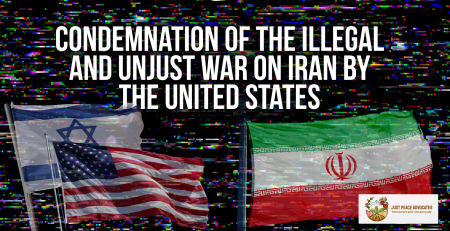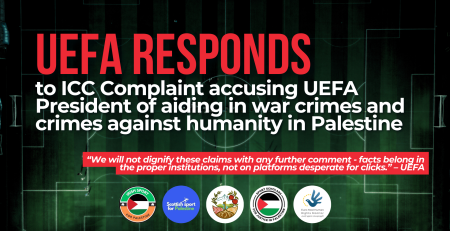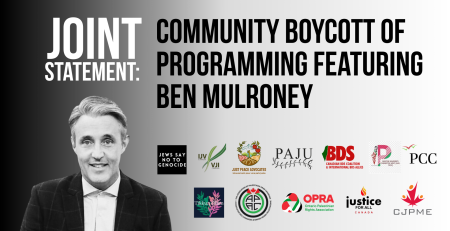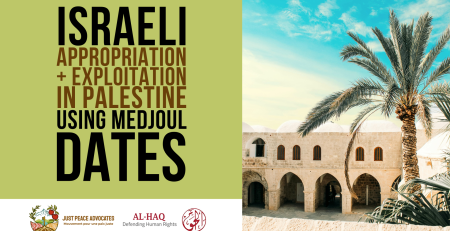WSP is a publicly listed, Montreal-based company that provides technical expertise and strategic advice regarding property and buildings, transportation, and infrastructure sectors. WSP an active participant in Israeli apartheid and occupation through its participation in the Jerusalem Light Rail (JLR) project and the Tel-Aviv Jerusalem Fast Train (A1 train). Both of these transportation systems cross into the West Bank.
“WSP facilitates the practice of forcible transfer of settlers into the occupied Palestinian territory (OPT), through its construction and servicing of the JLR, while deepening the physical, social and economic integration of the settlements. Through its active maintenance of Israel’s illegal settlement enterprise in occupied Eastern Jerusalem, WSP is involved in gross and systematic violations of fundamental human rights against the protected Palestinian population.”
Al-Haq, 105 Organizations Submit on WSP’s Illegal Settlement Enterprise to UN Database, Calling New UN High Commissioner for Human Rights to Investigate (2022)
Datumate, a construction technology company whose software WSP is using for the JLR, describes WSP as “an integral part of the operation, with a wide role that includes reviewing the designs, monitoring quality and progress on behalf of the State, and ensuring the project is completed to specification.” Based on their involvement on this and the A1 project, Al-Haq and Just Peace Advocates have made two submissions to the UN (the first in 2022 and the second in 2024), calling for WSP to be added to the UN Database of companies involved in the illegal settlement enterprise.
WSP is complicit in gross and systematic violations of fundamental human rights against Palestinians, a protected population under Article 4 of the Fourth Geneva Convention (1949), through its foundational involvement in the JLR extension into occupied Palestinian territory, in blatant violation of international law.
But they did not stop there. In occupied Kashmir and Jammu (“Kashmir”), WSP boasts that it “designed the world’s highest and longest steel arch bridge for railway traffic in India.”
India’s occupation of Kashmir is internationally recognized, including by the United Nations. India not only illegally occupies Kashmir, but also has annexed and colonized the territory. The processes of occupation, annexation, and colonization are ongoing. As the occupier, India subjects Kashmiri people to land grabs, evictions, incarceration, harassment, criminal intimidation, crackdowns on religious freedom, and physical violence by the Indian-occupation. India – like Israel – entrenches its occupation through construction and infrastructure projects.
In June 2025, Prime Minister Modi inaugurated the Chenab railway bridge – the “highest and longest steel arch bridge for railway traffic” in the world, as WSP explains. The goal: “regional integration and economic development.” In other words, annexation, dispossession, and continued occupation.
“The indian government has estimated the total cost of the project at $5 billion. The railway line travels through 36 tunnels and over 943 bridges and is projected to facilitate the movement of people, goods, and military personnel…The timing behind the bridge’s inauguration, right after Operation Sindoor, is not merely coincidental. After india’s recent conflict with Pakistan and crackdown in Kashmir, india has been aiming to further militarize the Kashmir Valley.”
Stand with kashmir, india’s inauguration of a railway bridge emboldens its settler colonial project in kashmir (2025)
WSP clearly states its recognizes the bridge is located in Kashmir and boasts about its work saying, “[t]he end result is a convincing demonstration of WSP’s world-class steel bridge design expertise.”

While WSP has wiped its site of any references to the JLR, it openly brags about its work in occupied Kashmir, suggesting it feels protected . As a Canadian, multinational company, WSP is bound by international law as well as the UN Guiding Principles, and the OECD Business Guidelines. WSP must be held accountable for their participation in colonial, occupation projects – from Palestine to Kashmir.

